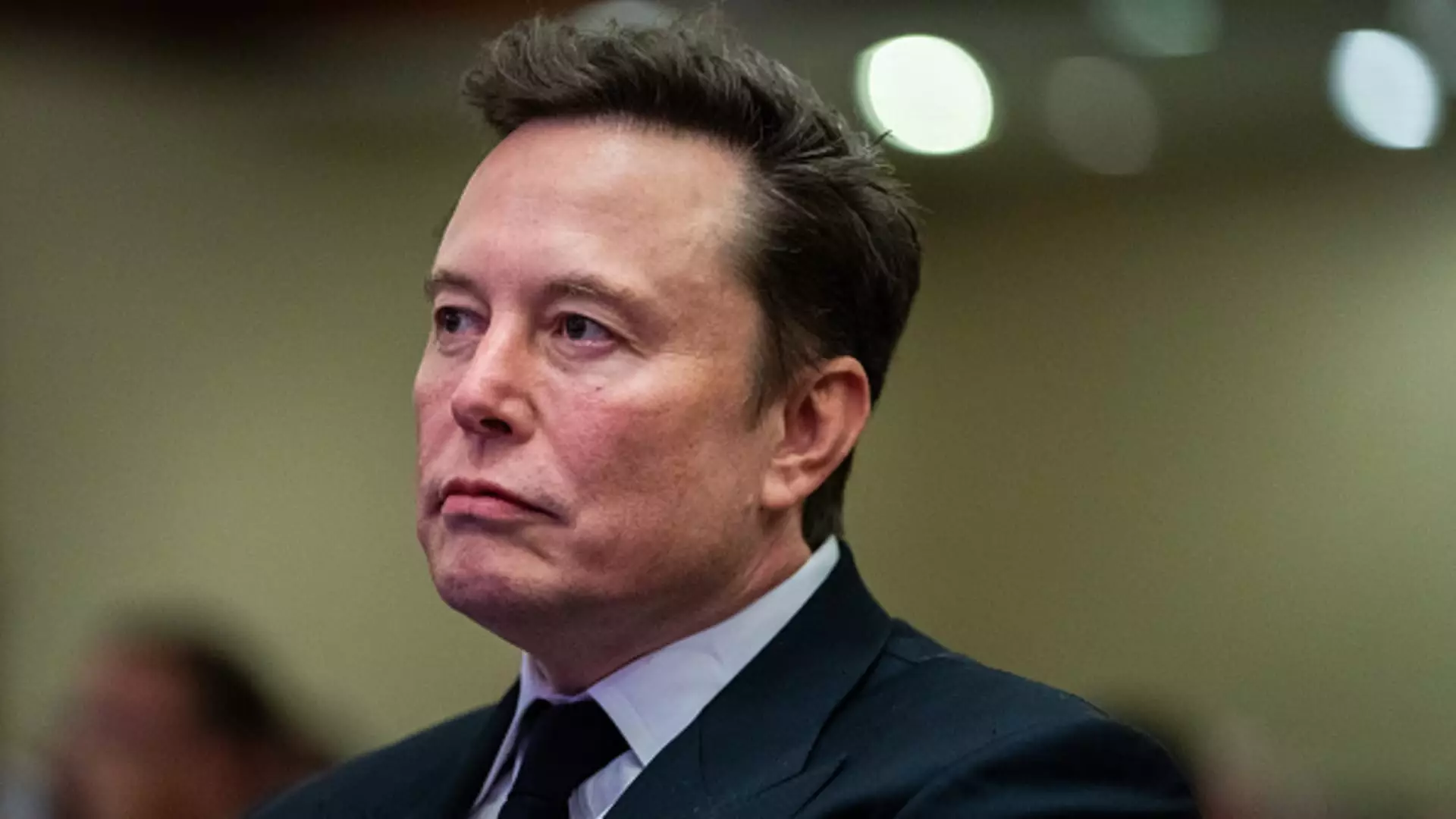Elon Musk, the enigmatic CEO of Tesla, has long been a figure of immense public interest, not just for his contributions to technology and electric vehicles but also for his polarizing business maneuvers. The recent legal decision regarding his 2018 compensation package has reignited debates about corporate governance and accountability. This article explores the implications of Delaware Chancellor Kathaleen McCormick’s ruling, which upheld her earlier decision to void Musk’s colossal $56 billion pay package, the largest in U.S. history for a public company executive.
In January, Chancellor McCormick ruled that Musk had effectively controlled Tesla and dictated the conditions of his pay to a board that lacked a proper, independent negotiating process. This captivated public attention, as it cast a shadow over Tesla’s governance practices. The Chancellor highlighted that the process leading to the approval of this monumental pay package was “deeply flawed,” suggesting a breach of fiduciary responsibility from both the board and Musk himself. The ruling raises critical questions about the role of corporate boards and their obligations to shareholders, emphasizing the necessity for equitable negotiation processes.
The Delaware court emphasized the importance of fairness and transparency in corporate governance, asserting that allowing executives to unilaterally determine their compensation jeopardizes the integrity of the corporate structure. Hence, this case extends beyond Musk’s personal fortunes and engenders broader discussions regarding ethical standards in executive compensation across the corporate landscape.
In the wake of the ruling, both Musk and Tesla expressed their dissatisfaction. Musk labeled the decision as “absolute corruption,” a remark that underscores his contentious relationship with regulators and the legal system. Following the January ruling, Tesla conducted a shareholder vote in June 2024, seeking to ratify the previously voided pay plan. However, Chancellor McCormick dismissed this move as ineffective, asserting that no newly created facts could alter the court’s judgment. The court’s ruling thus emphasized a firm stance against what it described as an “invitation to inject continued uncertainty” into the judicial process.
Tesla’s legal team attempted to leverage the shareholder vote to advocate for a reversal in the ruling, yet the court highlighted the dangers of allowing post hoc justifications to reshape legal outcomes. This sets a precedent for future corporate governance, ensuring that boards cannot circumvent accountability through retrospective approval.
One of the most fascinating aspects of this legal battle is its financial backdrop. Despite facing setbacks in court, Musk’s wealth has surged significantly, largely due to the booming stock performance of Tesla. In fact, he has gained over $43 billion since Donald Trump’s recent electoral victory, underscoring the volatile interrelation between politics and wealth creation in the tech sector. As of the ruling, the value of Musk’s Tesla shares soars near $150 billion, pointing to a dissonance between legal challenges and market realities.
This raises a pertinent question: how resilient is Musk’s wealth in the face of legal turbulence? While shareholders have succeeded in curbing Musk’s compensation, the market reaction to changes in Musk’s political relationships and Tesla’s business performance showcases the uncanny ability of market dynamics to overshadow regulatory constraints.
Looking ahead, companies and boards are likely to scrutinize their compensation packages more closely, striving to align executive compensation with shareholder interests. This ruling serves as both a cautionary tale and a guiding framework for corporations, encouraging enhanced alignment and transparency in determining executive pay.
Musk’s experience illustrates the complicated interplay between personal ego, corporate governance, and shareholder interests. As he navigates the implications of this ruling, it becomes evident that this case may well catalyze a meaningful shift in how executive compensation is orchestrated in publicly traded companies.
The events stemming from Musk’s pay package litigation underscore the necessity for robust corporate governance frameworks. As the discourse around executive compensation continues to evolve, Musk’s contentious situation serves as a vivid example of the delicate balance between corporate autonomy and accountability. Ultimately, fostering a culture of integrity and transparency within corporate structures must be of utmost priority to prevent further disputes and enhance shareholder trust.

